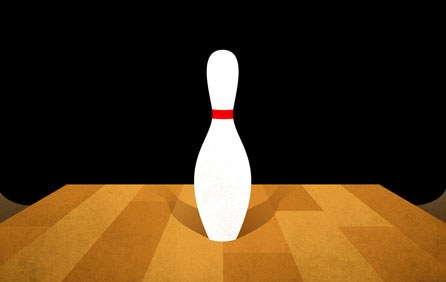Back in 2000, Robert Putnam brought out his book “Bowling Alone: The Collapse and Revival of the American Community”. It was about the declining social capital, as he called it, in the American society. He focused on the increasing decline of social organizational participation in the democratic process, through the decline of traditional social interactions.
Though highly debatable, I found it insightful. Particularly because he used bowling as an example. He describes how the bowling scenario displays a strange sort of fragmentation or individualization, in that, though there is a significant growth in the number of bowlers, those who bowl in leagues have decreased.
A juxtaposition, if you think about it. Without going into the deeper political issue he addresses or the validity of his argument, let’s just focus on the social issue that stands outs here.
Loneliness has become a common feature. And a part of our lifestyle.
In spite of being part of an increasingly global and populated world (there’d be 9 billion of us in 2050), loneliness has become a common feature. And a part of our lifestyle.
I live in a city. A very big, noisy, over-populated one. Yet my conversations are limited to a handful of people – the bus conductor, the clerk at the railway station and/or the confused passenger who needs directions. That’s probably because I’m plugged in to my music with my headphones on all the time. So, I’ve decided to turn off my music. To tune in to the noise around me. To strike up a conversation with people I travel with, whom I probably may never meet again. I’ve decided to strike a healthy balance between the need for “me” time and the need to engage with the world.
Because?
Because it’s healthy, for our physical, emotional and mental well being. In fact, Putnam would also include civic health here.
Because community matters, it’s an integral part of our existence. Because technology shouldn’t alienate us and it certainly shouldn’t replace human interaction. Because loneliness isn’t a choice (unlike being alone is), it’s largely the outcome of an individualized push-everyone-away and in-my-own-little-world lifestyle. Because it’s healthy, for our physical, emotional and mental well being. In fact, Putnam would also include civic health here.
I think living in a big world with so many people and hardly interacting with them makes for a very bleak and depressing scenario. It’s time to reverse what’s been written about the state of our world today.
Stop the music. Drop the headphones. And talk!




